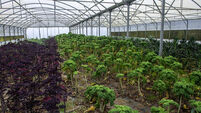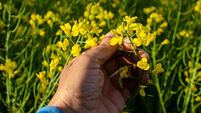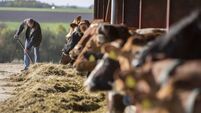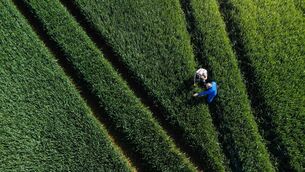Tirlán to double acreage of gluten-free oat crops sown this spring

Thousands of acres of ground identified as potentially suitable for spring oats will be vetted over the coming weeks.
Tirlán is aiming to double the acreage sown to gluten-free oat crops this spring.
Heavy rainfall in October and November hampered planting efforts and there are now strong opportunities for growers with suitable land to sow the premium crop, Tirlán said.











